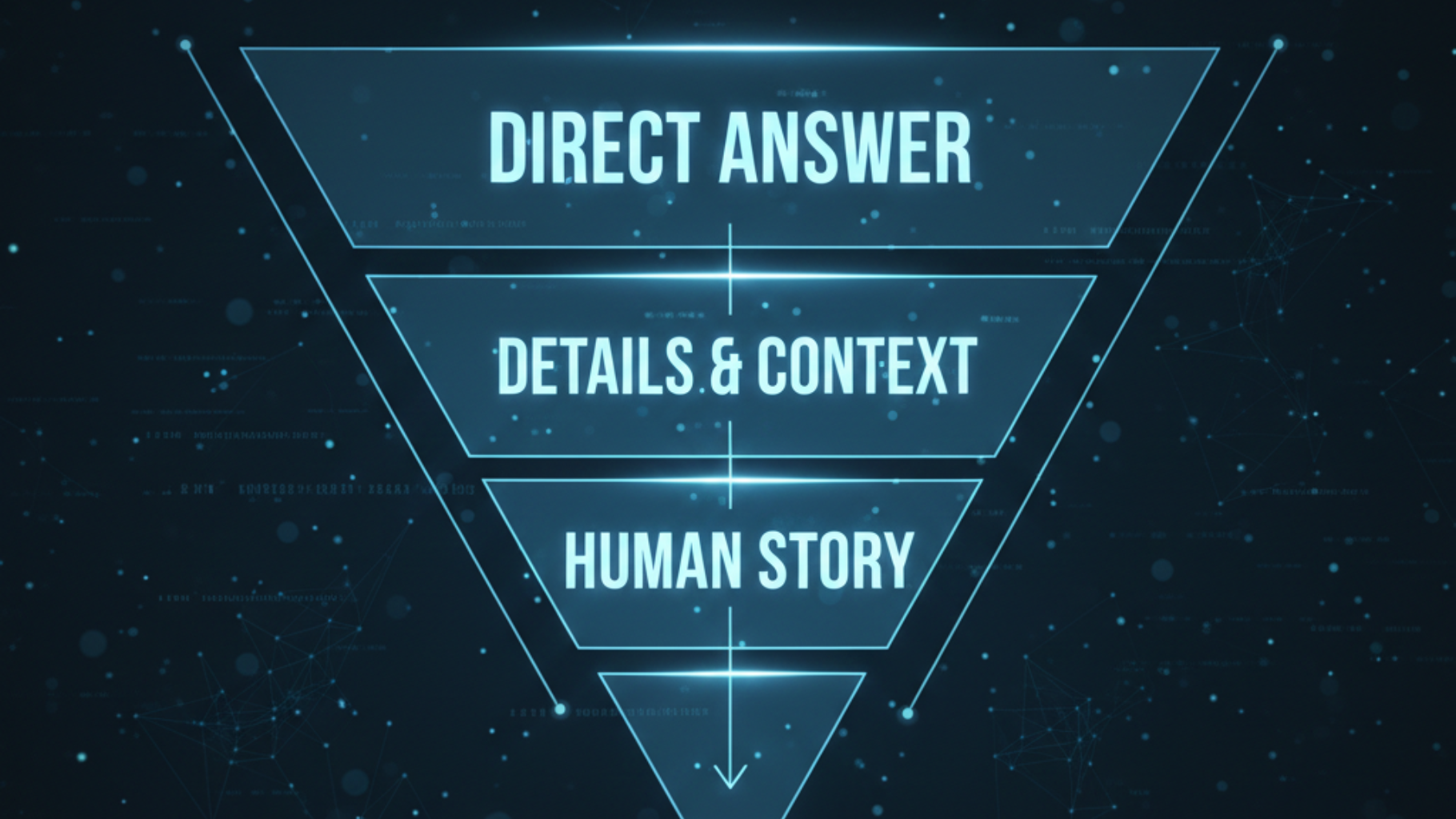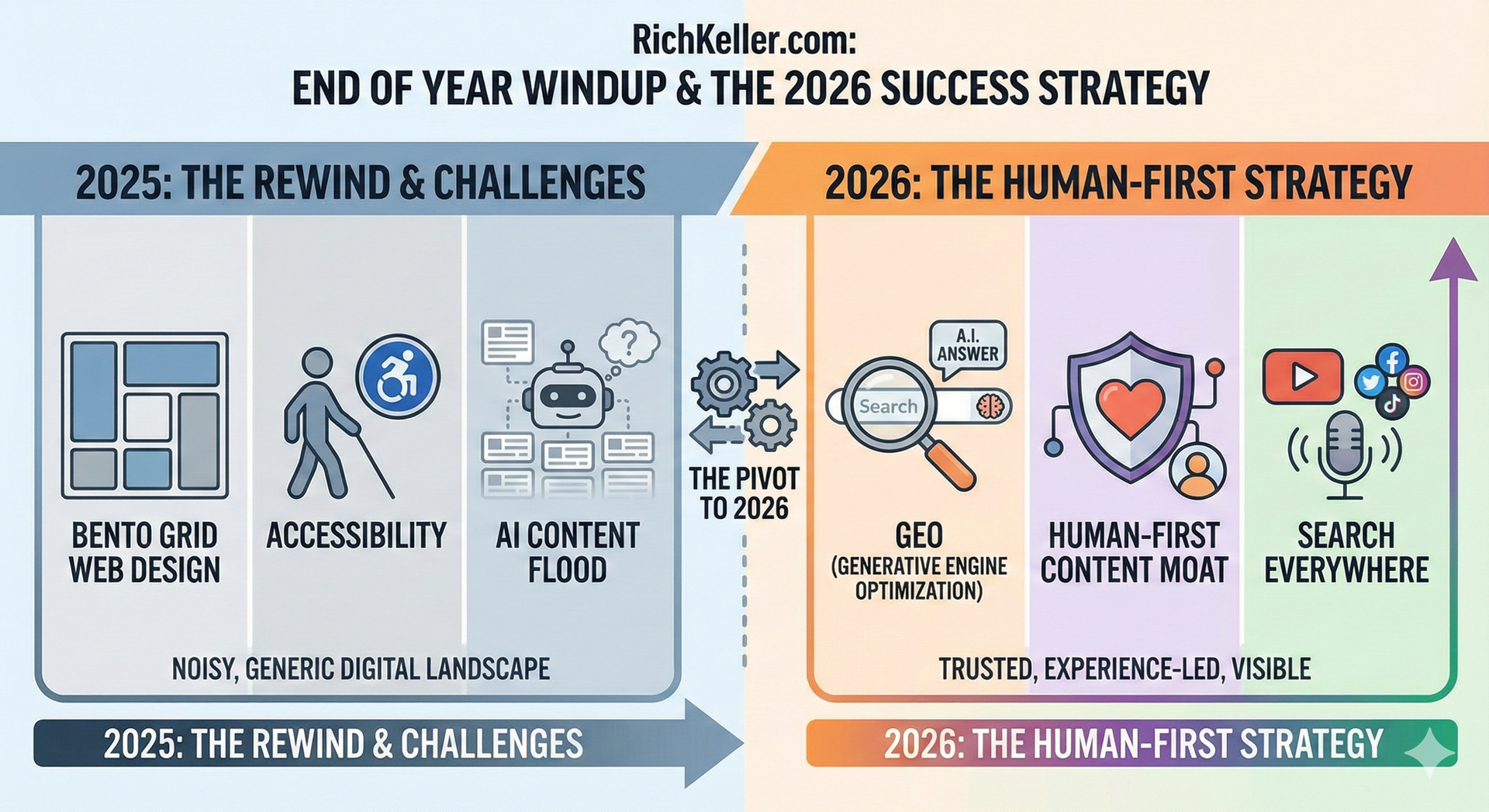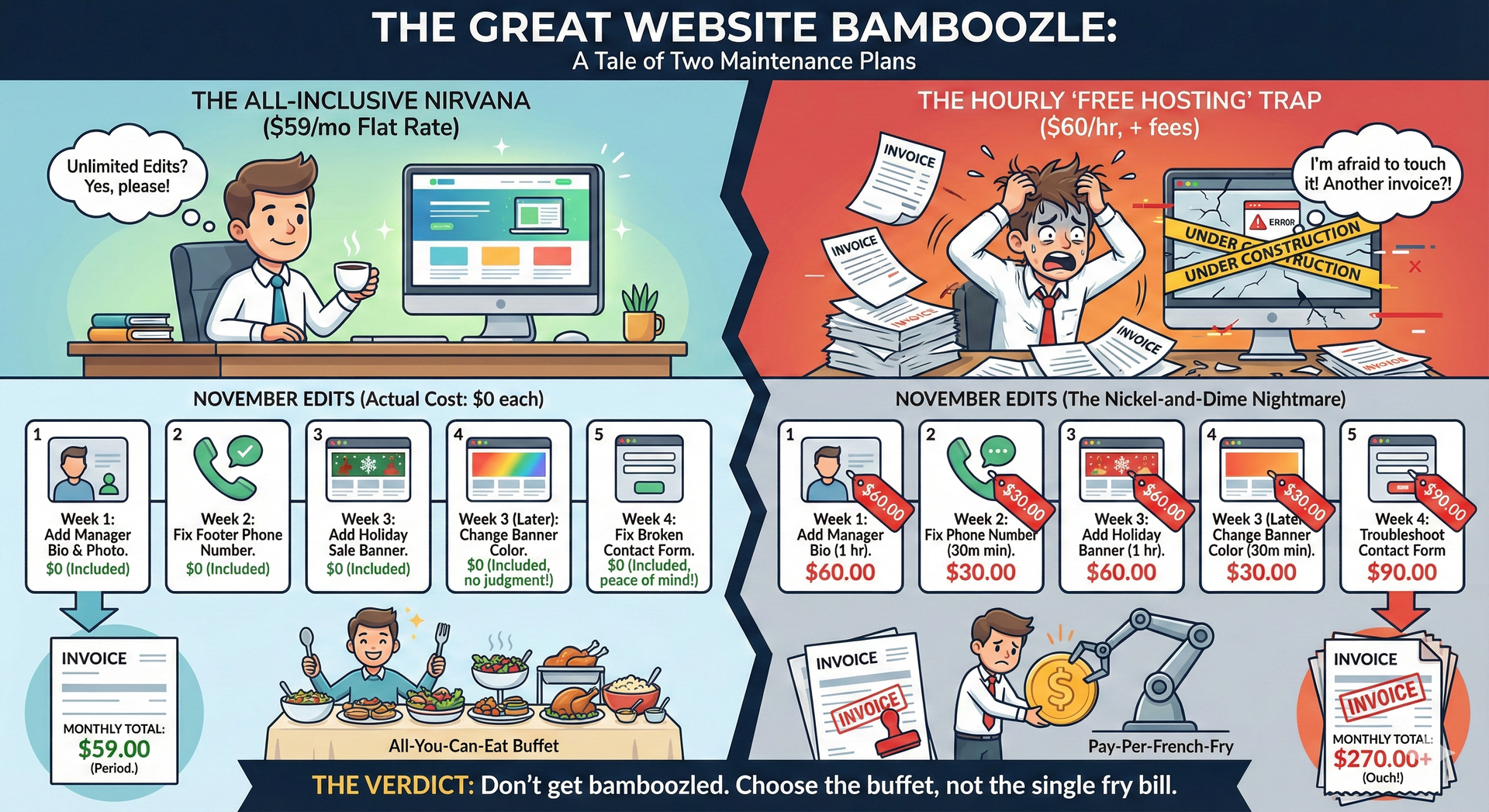It's easy to get lost in the endless sea of digital marketing tools.

There's a new "all-in-one solution" every week, promising to solve all your problems for a hefty monthly fee. But what if you could take a different approach? What if you could build your own tools, even if they're just simple experiments, to help you think differently and get the creative juices flowing?
That's exactly what I did. I started with a few simple ideas, building four tools that, while not polished, have proven to be surprisingly useful for brainstorming, planning, and getting a handle on marketing tasks.
Here's a look at the four tools I built and how they can help you, too.
1. The Marketing Idea Analyzer
We've all had those moments: a great idea pops into your head, but is it a good one? The Marketing Idea Analyzer is a simple tool designed to help you quickly evaluate the potential of a marketing concept. It's not a crystal ball, but a structured way to think through a new idea before you invest too much time and money.
How it works: You input your marketing idea, and the tool prompts you to answer a series of questions. It's a simple SWOT analysis disguised as a helpful guide. It forces you to consider:
- Strengths: What makes this idea unique? What problem does it solve for your audience?
- Weaknesses: What are the potential roadblocks? Is it too expensive or complex?
- Opportunities: How could this idea be expanded? Are there other channels or audiences you could reach?
- Threats: What are your competitors doing? Are there external factors that could derail the project?
This tool helps you move from "that's a cool idea" to "that's a solid strategy." It's a quick reality check that can save you from a lot of wasted effort.
2. The 'Sort-of' Marketing Plan Generator
Writing a full marketing plan can be an intimidating process. Pages of market research, target audience personas, and campaign details can feel overwhelming. The 'Sort-of' Marketing Plan Generator takes a different, more approachable route. It's not meant to replace a comprehensive plan, but to create a high-level roadmap in minutes.
How it works: The tool asks you to provide a few key details: your business name, your primary goal (e.g., "increase website traffic," "generate more leads," "boost brand awareness"), and your target audience. Based on your inputs, it generates a basic, one-page plan that includes:
- A clear, concise objective.
- A brief description of your target audience.
- A list of suggested marketing channels (e.g., social media, email, content marketing) and tactics.
This is a great starting point for solo entrepreneurs or small teams who need a quick plan to align their efforts. It cuts through the jargon and gives you a simple, actionable guide.
3. DIY vs. $1500 All-in-One Solution
This tool is less about creation and more about a crucial business decision. The "DIY vs. $1500 All-in-One Solution" is a simple comparison calculator designed to help you weigh the pros and cons of building your own marketing toolkit versus investing in an expensive, all-inclusive platform.
How it works: You input the cost of the all-in-one solution and an estimate of your hourly rate or the time you're willing to dedicate to DIY. The tool then prompts you to list the individual tools you would need for a DIY approach (e.g., a free email marketing service, a social media scheduler, a graphic design app). It helps you visualize the true cost, not just in dollars, but in your most valuable resource: time.
This comparison highlights a key truth: sometimes, the cheapest option isn't the most effective. It helps you see if the time you'll spend learning and managing multiple free tools is worth the savings, or if a paid solution will give you the efficiency and expertise you need to grow faster.
4. AI Slogan & Social Media Generator
Let's face it: coming up with a catchy slogan or a week's worth of social media content can feel like a chore. This tool taps into the power of AI to help you overcome writer's block and generate a stream of creative ideas.
How it works: You enter a brief description of your business or product, and the tool provides you with a variety of potential slogans and social media post ideas. It’s not about generating the final copy, but about giving you a starting point. It will suggest:
- Several different slogans with varying tones (serious, witty, punchy).
- A list of social media post concepts for different platforms (e.g., a question for Twitter, a carousel idea for Instagram, a link-sharing post for LinkedIn).
This is the ultimate brainstorming partner, helping you quickly populate your content calendar and find the right words to connect with your audience.
These four experiments prove that you don't need a huge budget to be effective at marketing. With a bit of creativity and a willingness to build your own solutions, you can create tools that are perfectly tailored to your needs—and that are a lot more fun to use than a spreadsheet!
- Rich
Cost-Effective Turnkey Solutions at Just $99/month.
Transform your online presence with Rich Keller.
Starting at $99/month, you receive:
- Professional Website
- AI Tools for Writing
- SEO Optimization
- Digital Marketing Services
- Unlimited edits.











